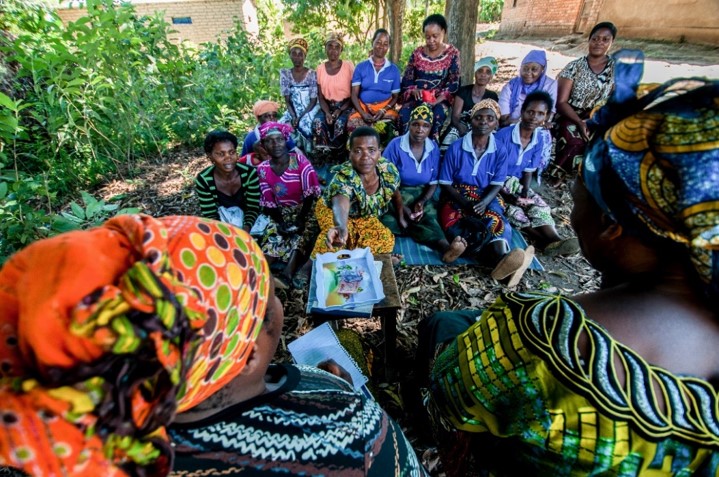By Eileen Nchanji
Gender equality is a buzzword not only tied to the agricultural and development sector but also in the entertainment and business sectors, where interest on gender pay gaps are highly contested. Achieving gender equality calls for gender considerations in all activities and stages of planning and implementation. The assumption is that if the needs of men, women, and youths are considered in all activities and stages, then we can achieve inclusive and sustainable growth.
Interacting with many farmers in the field, even in Rwanda where gender equality is considered highest in Africa http://www3.weforum.org/docs/WEF_GGGR_2017.pdf. I still come across many interpretations of what gender equality means. I was told gender equality means women are equal to men. Others were concerned that it is all about the empowerment of women and the girl child, so where are men and boys in the equation. Even amongst researchers gender mainstreaming is a concept that has not been well grasped. Some researchers are not quite sure on what to mainstream, which indicators to use and how to later integrate the results into their interventions.
The empowerment of women and the girl child was initiated, when research showed that men had access to education, training, technology, and control over productive resources compared to women. Leading to their underperformance in productive activities, coupled with added reproductive and community roles they are expected to do. FAO data http://www.fao.org/docrep/013/i2050e/i2050e.pdf stated that If women are given the opportunity to access some of these resources, technology, and training as men, we would have inclusive and sustainable growth at the farm and household levels. In addition, research also showed that women have limited, or no decision making power over resources nor the benefits accrued from sales of these resources. So empowering women economically entails giving women a choice to take part in the decision that affects their health, nutrition and overall livelihood.
Somewhere along the line, efforts to empower women seems to have led to more conflicts and dis-empowerment at the households. In some cases, where women were empowered, inclusive growth in households did not happen. So then the question raised is; Is empowering women out of the household the problem? As one who is making Kenya her third home, my favourite joke is:
If you give a Kenyan Ugali prepared with salt, he will spit it out because he is not used to the taste of salted Ugali. To make this joke understandable for non-Kenyans, Ugali is a universal dish, made of either maize, millet and/or Sorghum flour. It is cooked in boiling water to form a hard dough they served with vegetables or milk depending on the tribe. If a Kenyan is made to understand that adding salt to Ugali is beneficial to him and that even though it might at first taste different, it is good for his health and that of his household. He will be more receptive to this change. This is what happens when women are empowered out of the context or frame of the household and society that she is a part of. In this example, the Ugali here definitely is the woman. Empowering women and girls are important, but men and boys need to understand what will change and the benefits of this change to the household.
The cry to also empower men and boys is valid. Especially on the issue of access to finance, training, and technology. However, we need to be cautious so as not to widen the gender gap we want to close. Nor repeat the Ugali joke. The empowerment of boys and men should be inclusive and beneficial to the household and not create a greater disparity and inequality within the household. As we empower men, women, and youths, we should be mindful of the fact that they have a household, society, an institution in which they have to function, and these changes should positively influence their families and the society in which we live.


